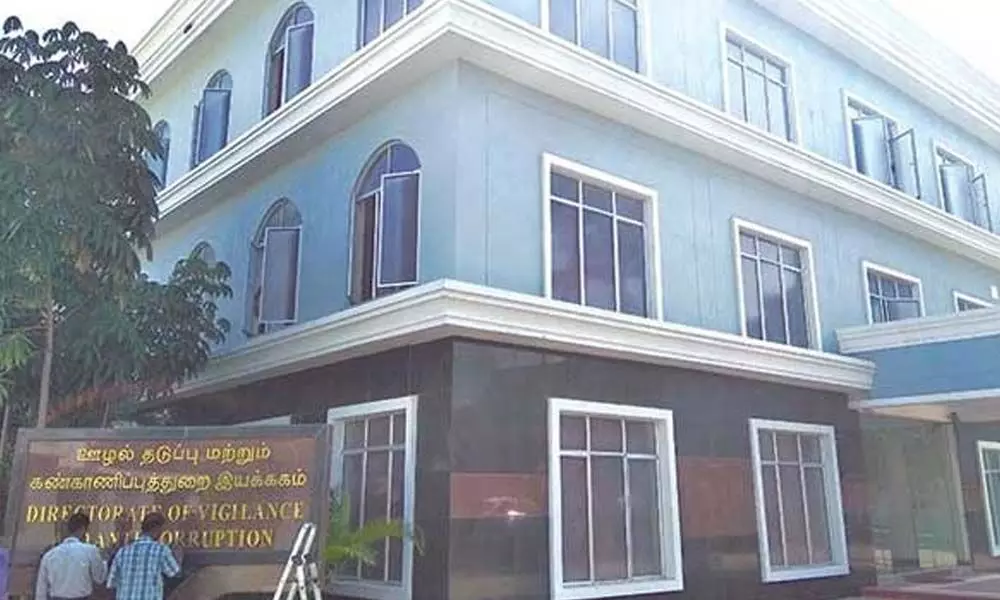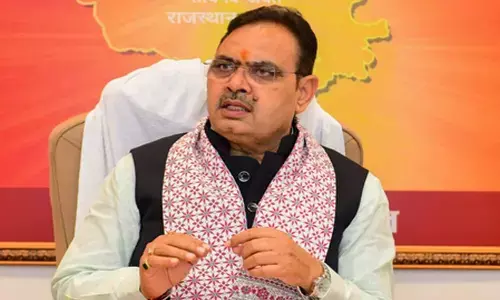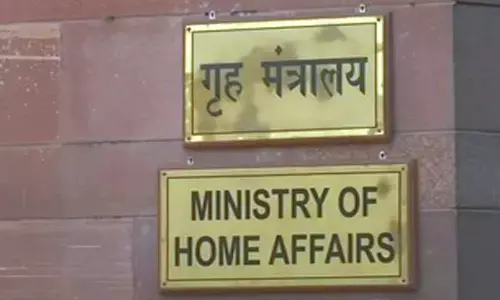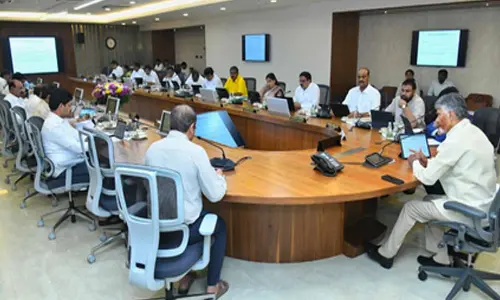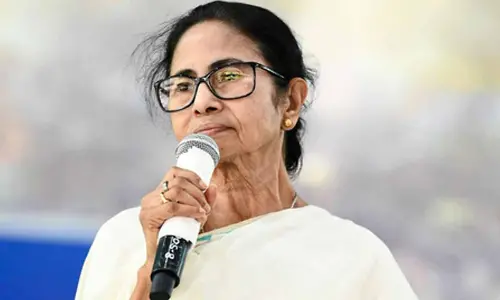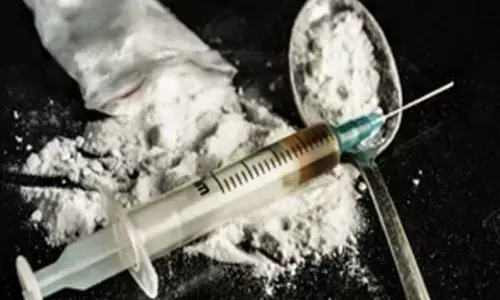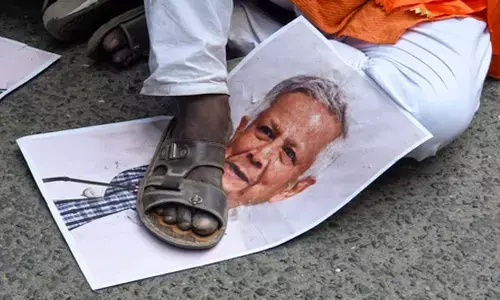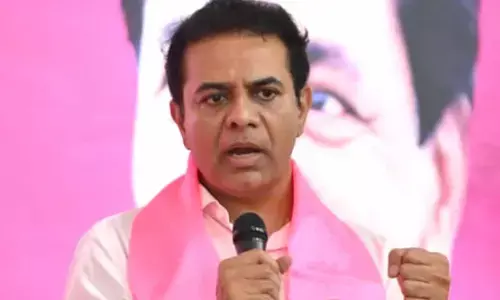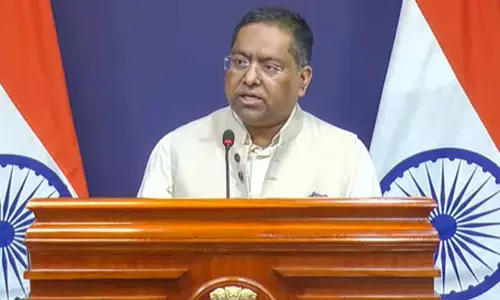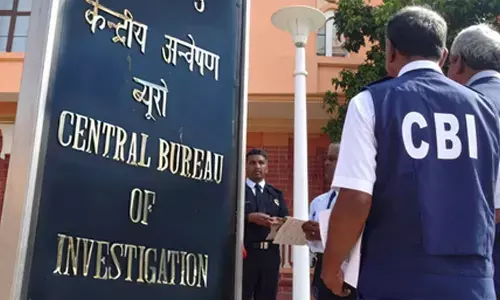Five former AIADMK ministers have been charged by the Directorate of Vigilance and Anti-Corruption in the seven months since the change of rule at Fort St George, the seat of power (DVAC). Former Municipal Administration Minister S.P. Velumani and former Electricity Minister P. Thangamani, both regarded immensely powerful members of the erstwhile Edappadi K. Palaniswami Cabinet, have their homes and are interlinked with their businesses searched thus far. C. Vijayabaskar, the controversial Health Minister who was investigated by the Income Tax and the CBI while in office, former Transport Minister M.R. Vijayabhaskar, and former Commercial Taxes Minister K.C. Veeramani are among the DVAC's targets.
While the AIADMK has described the searches as a political revenge, Chief Minister M.K. Stalin has stated that the administration us following through on the DMK's commitment made during the Assembly election to bring the former government's corrupt members to justice.
The first high-profile political arrests in Tamil Nadu occurred in 1996, when the DMK government of M. Karunanidhi imprisoned former Chief Minister Jayalalithaa and many of her colleagues in the 1991-96 Cabinet, as well as senior civil servants, on corruption charges. Karunanidhi established three special courts for the first time to try 46 cases of corruption.
The most high-profile case was the disproportionate assets case against Jayalalithaa, in which the Supreme Court convicted her close aide V.K. Sasikala, the latter's sister-in-law Ilavarasi, and her disowned foster son V.N. Sudhakaran under the Prevention of Corruption Act [following her death]. T.M. Selvaganapathy and Indira Kumari, two former AIADMK ministers, were convicted years after switching to the DMK.When the government changed in 2001, Jayalalithaa's police went for the DMK's former ministers. A decade later, similar raids were carried out. The DMK, which has returned to power after a decade in opposition, has decided to attack the AIADMK's regional satraps, a party without a unitary leader.
The DMK faces a twofold challenge: proving the corruption claims and dealing with the AIADMK's 2011 corruption cases against its leaders, some of whom are now Ministers. However, few years back, the DMK leaders were charged, and the cases are now in various phases of trial.
According to sources, with the authorization of the trial court, some of the charge-sheeted cases may be 're-investigated.' In the past, re-investigation of cases involving VIPs has resulted in prosecution witnesses being hostile in depositions. The majority of the instances are about accumulating riches. When a prima facie evidence of a public worker amassing riches disproportionate to his or her known sources of income is established, the anti-corruption agencies file a disproportionate assets case. A specific complaint, source information, and income tax returns can all be used to register a case.Documents that are open source
Mr. Veeramani, Mr. M.R. Vijayabhaskar, Mr. C. Vijayabaskar, and Mr. Thangamani have all been charged with having disproportionate assets. Mr. Velumani has been charged with bribery in the awarding of civil contracts. Open source documents such as affidavits produced by accused persons during elections are used in disproportionate assets proceedings. Candidates file such affidavits in collaboration with auditors, and they are aware that they may be used against them in the event of a regime change. The assets, not the liabilities, declared in such affidavits are taken into account by the investigating agency. The senior police officials stated that
these cases can be easily fought because the elected representatives' family members have a well-established business revenue that is accounted for.
The bigger plot and the proceeds of crime, on theMany complaints are still in the preliminary or thorough investigation stages, despite the fact that the complainants presented sufficient evidence to establish a prima facie case of wrongdoing. A standard instance might have been immediately registered by the DVAC.
Progress is likewise sluggish. The DVAC charged key DMK leaders, including Ministers, in half a dozen cases in 2013, but the trial is still ongoing. Following the Supreme Court's ruling that special courts be established to prosecute corruption charges involving elected officials, the government issued orders to establish such courts. "The cases are still pending, despite the fact that the trial was supposed to be held on a daily basis." While such delays give the idea that disproportionate assets cases are a sham, one must remember Jayalalithaa's eventual conviction," the officer says.
Senior investigators explain the role of other agencies in the DVAC investigations, saying that the Income Tax Department would intervene if there were substantial cash seizures. If a prima facie case of proceeds of crime is established, the Enforcement Directorate can file a case under the Prevention of Money Laundering Act and even seize the accused's property. The shocking gutkha fraud, which was uncovered by The Hindu in June 2017, is one intriguing example that was looked at by several agencies. The matter was transferred to the CBI after the DVAC investigated it. The Income Tax Department was the one who first discovered evidence of corruption among government officials in high-ranking positions. The CBI raided the offices of the then-Health Minister and a number of senior officials. However, the second charge sheet has yet to be filed by the agency.Such behaviours might sometimes be tragic. The DVAC discovered 10 kg of sandalwood articles, as well as cash and gold, after searching the premises of former Tamil Nadu Pollution Control Board chairman A.V. Venkatachalam for alleged criminal misconduct and misappropriation. The Forest Department was notified about the sandalwood seizure. However, on December 2, the former Indian Forest Service official allegedly committed suicide.
